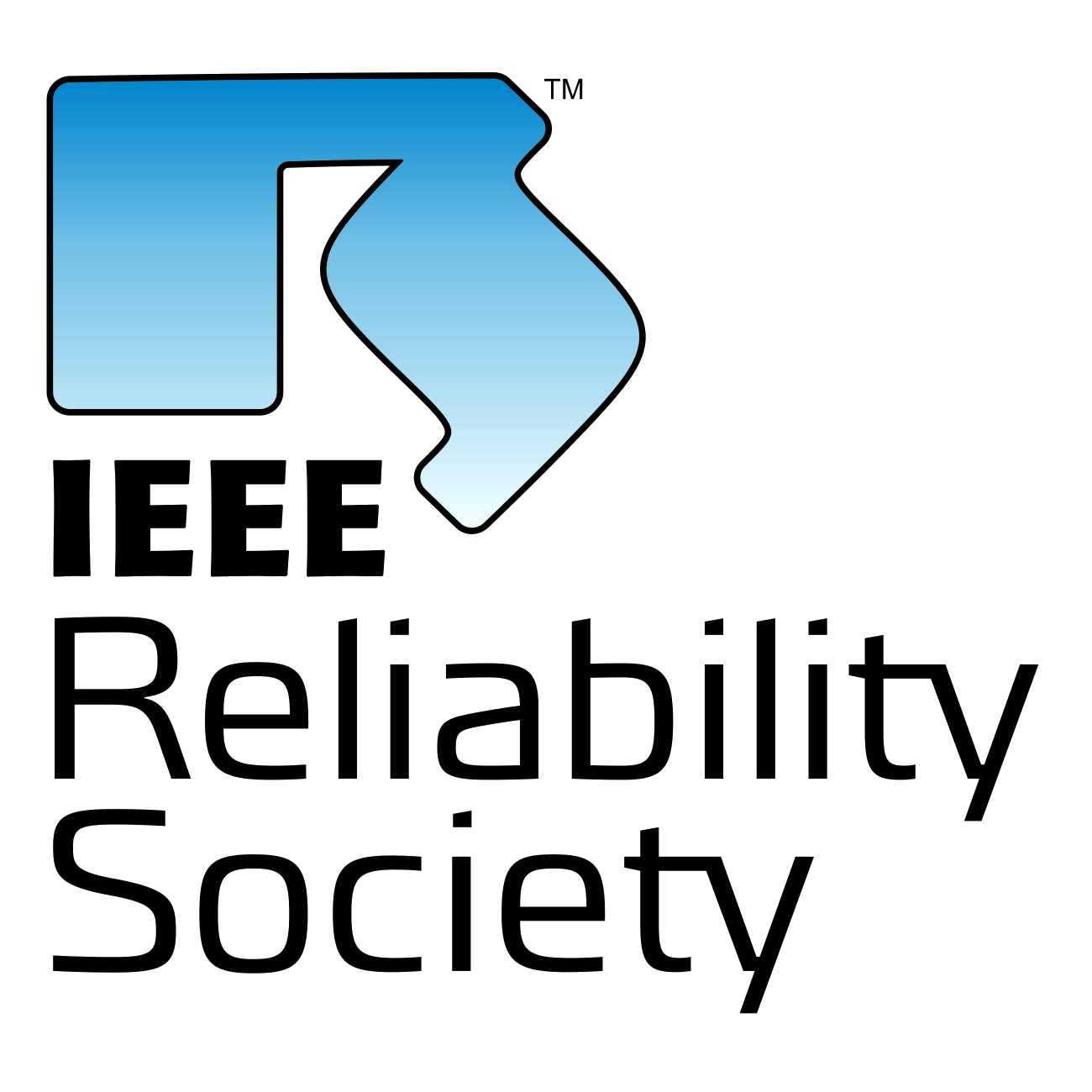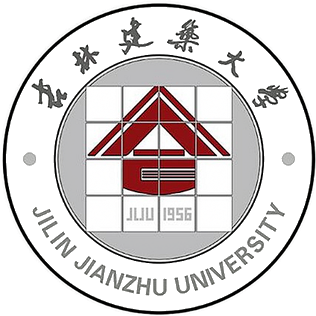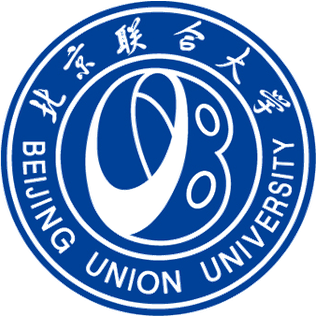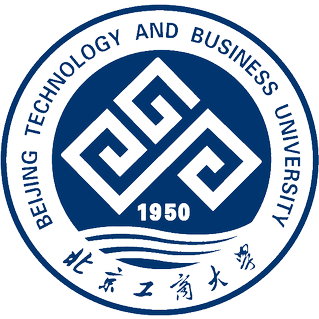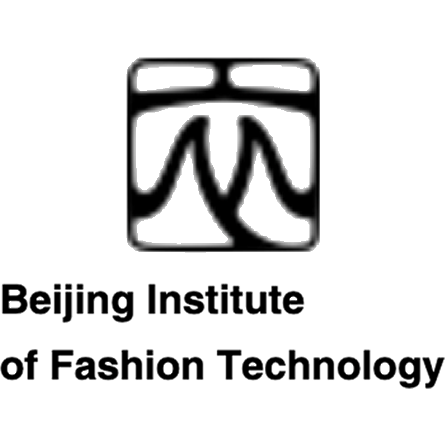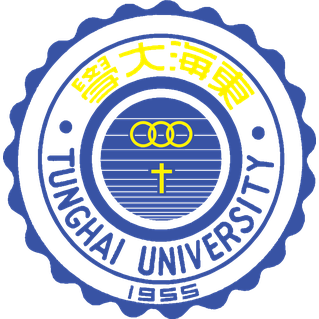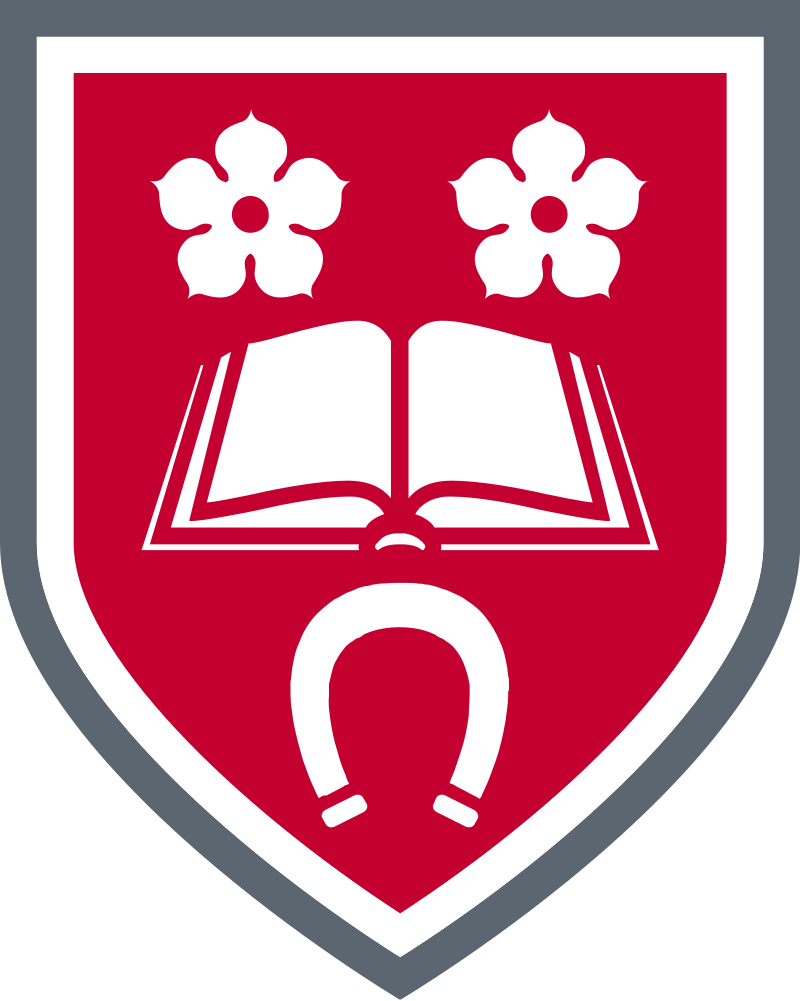ISCC is a Special Track of QRS 2024 focusing on the realm of Creative Computing – specifically the intersection between digital creativity and the Culture Sector.
Today, the cultural sector continues to adapt to a networked and dataful world. Cultural organizations internationally are harnessing digital technology creatively to help them meet both their strategic ambitions and their audiences’ expectations. For museums, galleries, archives, libraries, arts centres, heritage sites, and performance venues, digital technologies are the means by which these organisations can operate with efficiency in the twenty-first century, as well as have relevancy to the lives of their audiences, visitors, users and communities.
At the intersection between digital technology and the culture sector, Creative Computing has a particularly important role to play. In particular, rapid advancements in Artificial Intelligence and Computing (including generative AI, and AI-Generated Content) are revealing at pace new ways to produce cultural objects, alternative approaches to understanding creativity, and different modes of cultural experience.
Responding to this moment, and to these challenges, we invite researchers with diverse backgrounds and disciplines, to actively participate in this Symposium. Our aim to foster collaboration, spark innovative and respond with creativity to this time of profound digital change with the Culture Sector.
A list of particular relevant areas includes, but is not limited to:
Authors are invited to submit original unpublished research papers as well as industrial practice papers. Simultaneous submissions to other conferences are not permitted. Detailed instructions for electronic paper submission, panel proposals, and review process can be found at QRS submission.
Each submission can have a maximum of ten pages. It should include a title, the name and affiliation of each author, a 300-word abstract, and up to 6 keywords. Shorter version papers (up to six pages) are also allowed.
All papers must conform to the QRS conference proceedings format (PDF | Word DOCX | Latex) and Submission Guideline set in advance by QRS 2024. At least one of the authors of each accepted paper is required to pay the full registration fee and present the paper at the workshop. Submissions must be in PDF format and uploaded to the conference submission site. Arrangements are being made to publish extended version of top-quality papers in selected SCI journals.
Submission| Name | Affiliation | Geographic Region |
|---|---|---|
| Marwan Al-Akaidi | Wigwe University | Nigeria |
| Feng Chen | De Montfort University | UK |
| Andry Chowanda | BINUS University | Indonesia |
| William C. Chu | Tunghai University | Taiwan |
| Fei Dai | Southwest Forestry University | China |
| Zhuangzhuang Dai | Aston University | UK |
| Qing Duan | Yunnan University | China |
| Henrique Cota de Freitas | PUC Minas | Brazil |
| Ioanna Giorgi | University of Kent | UK |
| Marek Grzes | University of Kent | UK |
| Tzung-Cheng Huan | National Chiayi University | Taiwan |
| Andrew Hugill | Leicester University | UK |
| Jie Jian | Hunan Normal University | China |
| Delin Jing | Changzhou University | China |
| Elizabeth Jochum | Aalborg University | Denmark |
| Kenji Kamiya | Tainan University of Technology | Taiwan |
| Lim Chai Kim | Universiti Tunku Abdul Rahman (UTAR) | Malaysia |
| Sun-hwa Kim | Tainan University of Technology | Taiwan |
| Hua Li | Inner Mongolia University | China |
| Chi-Hsiung Liang | Lunghwa University of Science and Technology | Taiwan |
| Hongwei Liu | Tianjin Foreign Studies University | China |
| Lin Liu | Tsinghua University | China |
| Qinyun Liu | Beijing Union University | China |
| Xiaodong Liu | Napier University | UK |
| Chen-Shih Lu | Tainan University of Technology | Taiwan |
| Chin-Jung Lu | Tainan University of Technology | Taiwan |
| Helin Luo | National Tainan University of the Arts | Taiwan |
| Jianhua Ma | Hosei University | Japan |
| Sicong Ma | Northeast Institute of Geography and Agroecology, Chinese Academy of Sciences | China |
| Tao Ma | Tianjin Foreign Studies University | China |
| Leandro Soriano Marcolino | University of Leicester | UK |
| Talles Medeiros | Federal University of Ouro Preto | Brazil |
| Richard Millham | Durban Uni-versity of Technology | South Africa |
| Tome Otsuru | Tainan University of Technology | Taiwan |
| Yingchun Tian | Changzhou University | China |
| Yuma Tomiyasu | Joshibi University of Art and Design | Japan |
| Fengjian Wang | National Chiao Tung University | Taiwan |
| Ming-Feng Wang | National Pingtung University of Science and Technology | Taiwan |
| Baowen Xu | Nanjing University | China |
| Hsi-Hsun Yang | National Yunlin University of Science and Technology | Taiwan |
| Aloysius Yapp | Universiti Tunku Abdul Rahman (UTAR) | Malaysia |
| Lu Zhang | Beijing Union University | China |
| Qianni Zhang | Queen Mary University | UK |
| Xiaochun Zhang | Anhui University of Finance and Economics | China |
| Xu Zhang | Falmouth University | UK |
| Junfeng Zhao | Inner Mongolia University | China |
| Zedong Zheng | Leicester University | UK |
| Jiantao Zhou | Inner Mongolia University | China |
| Shikun Zhou | Portsmouth University | UK |
| Hong Zhu | Oxford Brookes University | UK |
| Lin Zou | De Montfort University | UK |
